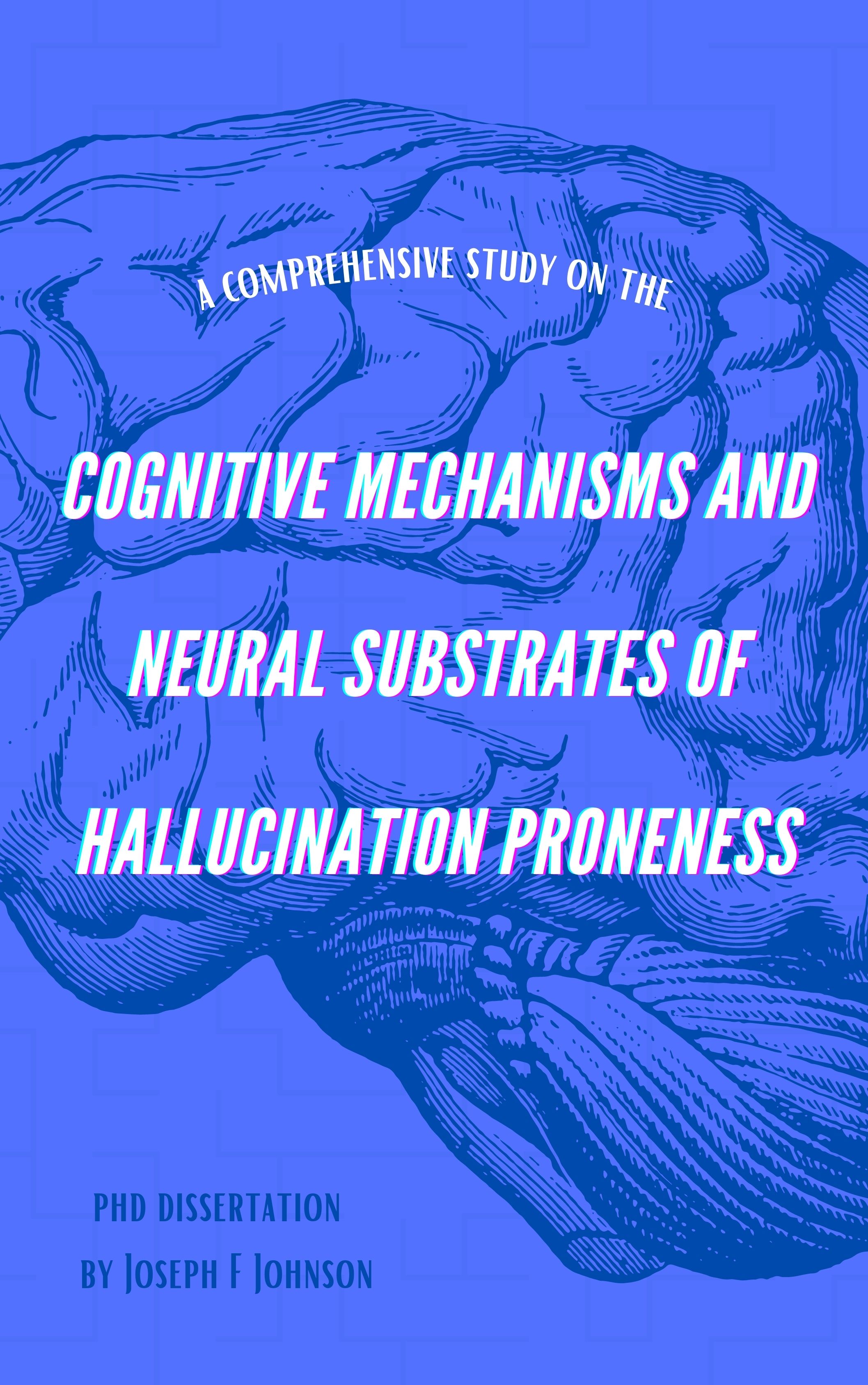On-site PhD conferral Joseph Johnson
Supervisor: Prof. dr. S. A. Kotz
Co-supervisors: Dr. M. Belyk (Edge Hill University), Dr. A. P. Pinheiro (University of Lisbon), Dr. M. Schwartze
Keywords: hallucination proneness, perceptual inference, prediction error, sensorimotor control
"A comprehensive study on the cognitive mechanisms and neural substrates of hallucination proneness"
In order to perceive the world around us, and to successfully interact within it and with other actors, we must be able to predict the causes of our sensations. However, abnormal perceptions, for example, hallucinations, occur when we have made incorrect inferences about the qualities of a sensation or who is causing them. Hallucinations, although commonly associated with psychotic disorders, occur at different frequencies in the general population, while the severity of abnormal perceptions exists along a spectrum. By researching non-clinical samples, we can learn about the causes of abnormal perceptions, and changes to brain function and structure associated with them, without additional complications of variability associated with specific clinical disorders. The current dissertation attempts to answer questions regarding how the brain responds to errors in predicted sensation, attributions of voice to oneself or another person, and how a proneness to hallucinate can be related to brain activity of the cortex and the structure of connective pathways.
